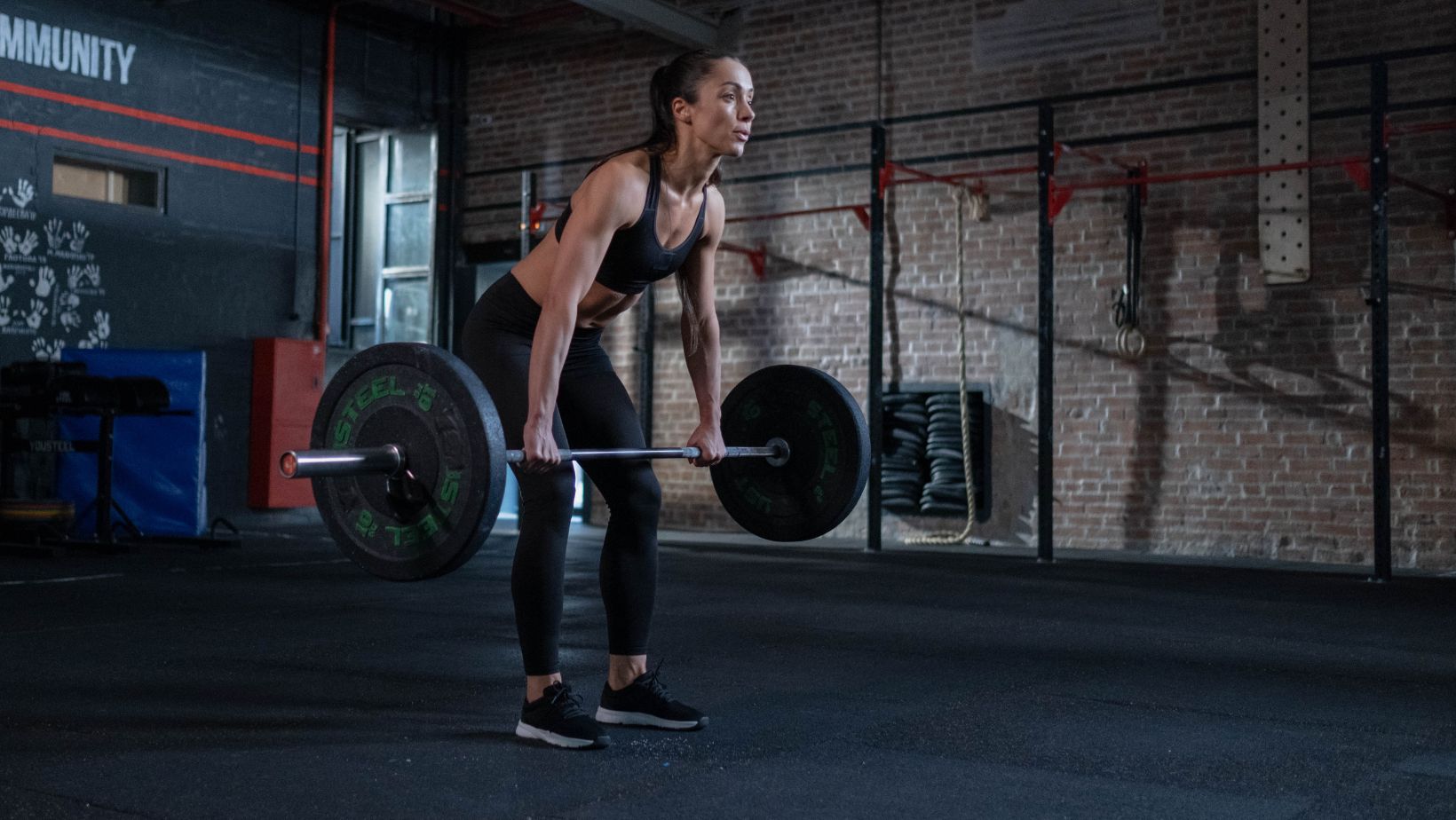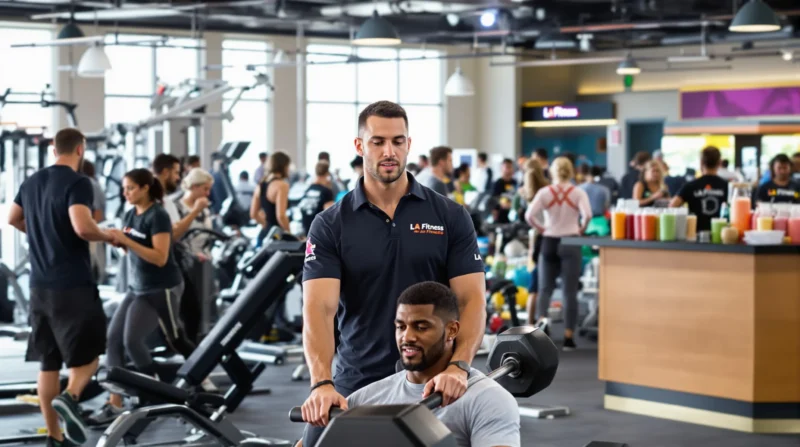
Fitness enthusiasts, athletes, and health-conscious individuals often emphasize the importance of protein in their diets. But why is protein so pivotal, especially when it comes to fitness and recovery? This blog post delves into the role of protein in supporting physical health, enhancing athletic performance, and aiding in recovery post-exercise.
In the realm of health and fitness, protein stands as a critical macronutrient. It’s not just about building muscle; protein plays various roles in the body, from repairing tissues to making enzymes and hormones. Understanding the multifaceted role of protein in fitness and recovery can profoundly impact how we approach our diets and exercise routines.
Protein Whey Isolate Powder: A Popular Choice
Among various protein supplements, protein whey isolate powder is a popular choice for fitness enthusiasts. Its high protein content and low carbohydrate and fat levels make it an ideal post-workout supplement. Whey isolate is quickly absorbed by the body, providing immediate nourishment to tired muscles and aiding in efficient recovery.
The Building Block of Muscles
Protein, comprising amino acids, is often hailed as the building block of muscles. Regular physical activity, particularly strength training, creates micro-tears in muscle fibers. It’s the role of protein to repair these tears, leading to muscle growth and increased strength. This process, known as muscle protein synthesis, is vital for those looking to enhance their physical fitness, build muscle, or improve athletic performance.
Protein’s Role in Recovery
Protein isn’t just about building muscle; it’s also crucial for recovery after exercise. Intense physical activity can deplete energy stores and cause muscle wear and tear.

Adequate protein intake helps repair and rebuild these muscles, reducing recovery time and soreness. This aspect is particularly important for athletes or anyone engaging in regular, intense exercise regimes.
The Role of Protein in Endurance Sports
While protein’s role in strength training is well-known, it’s also crucial for endurance sports. Endurance activities like running, cycling, or swimming for extended periods can cause muscle fatigue and breakdown. Protein helps repair these muscles and replenish lost nutrients, ensuring that endurance athletes can train effectively and recover efficiently.
Balancing Protein Intake
While protein is essential, balance is key. Excessive protein intake can lead to digestive issues, kidney strain, and other health concerns. It’s important to consume protein in conjunction with carbohydrates and fats for a well-rounded diet. Additionally, the source of protein—whether from whole foods or supplements—should be considered for overall nutritional balance.
Understanding the right amount of protein needed can be complex, as it varies from person to person based on factors such as age, sex, physical activity level, and overall health. Generally, the Recommended Dietary Allowance (RDA) for protein is 0.8 grams per kilogram of body weight. However, this amount increases for those who are highly active, especially for athletes or those engaged in heavy resistance training.
Diversifying protein sources is also crucial for nutritional balance. Relying solely on animal-based proteins can lead to a higher intake of saturated fats and cholesterol. Incorporating a mix of plant-based proteins, like beans, lentils, tofu, and quinoa, can provide a more varied amino acid profile and additional health benefits. Plant-based proteins often come with added fiber, vitamins, and minerals that are beneficial for overall health.
Conclusion
Protein plays a multifaceted role in fitness and recovery. It’s not just a nutrient for muscle building but is essential for muscle repair, recovery, and overall health. Whether you’re an athlete, a regular gym-goer, or someone simply looking to improve your physical health, understanding and appropriately incorporating protein into your diet can make a significant difference in your fitness journey and recovery process.

Incorporating a balanced amount of protein from sources like meat, dairy, plant-based options, or supplements like whey isolate is key to optimizing your physical health and performance. Remember, while protein is vital, it’s just one part of a holistic approach to health and fitness.











